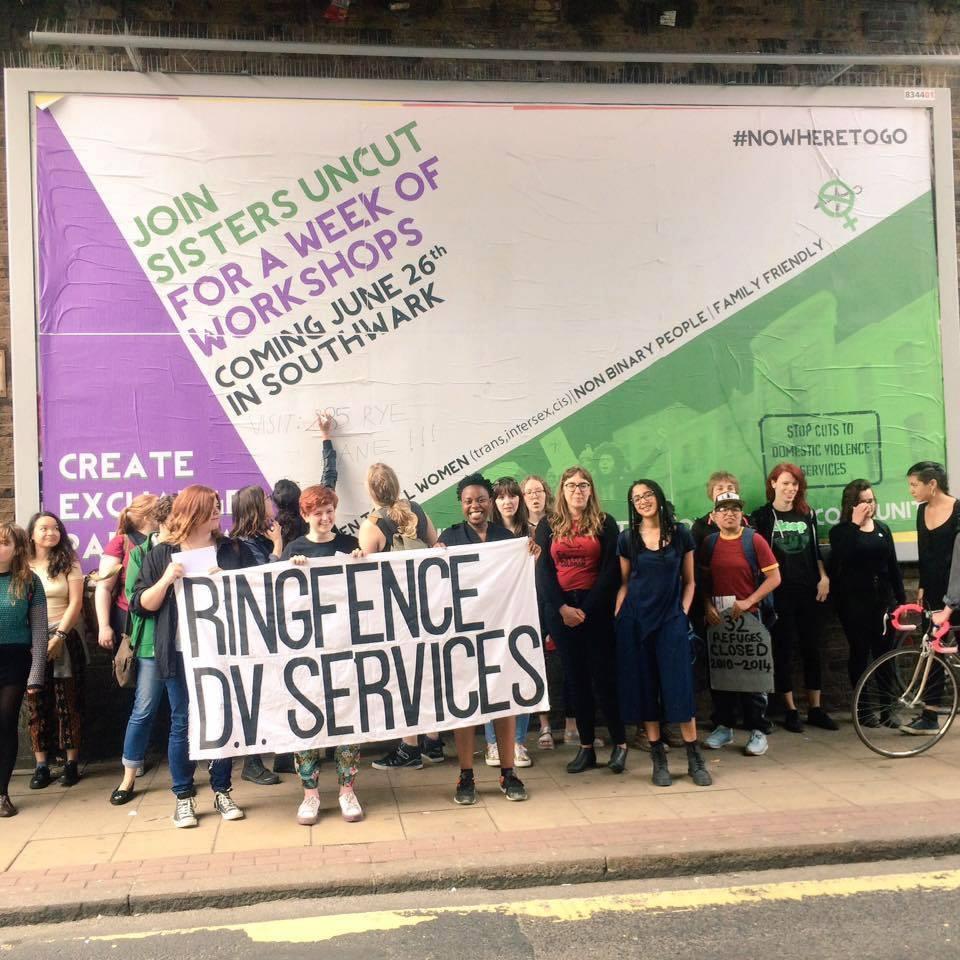The latest domestic violence figures should be a call to action
Legal change is helpful. But this is not a problem that can be tackled adequately just by making laws. It needs a practical, multi-faced operation, involving the full resources of the state

Most women murdered by men are killed by their present or former partner. That is a stark, dreadful truth. Last year, there were 113 women killed in England, Wales and Northern Ireland. Of those, 78 died at the hands of their partner or ex-partner, and three-quarters of those were killed in their own home.
Domestic violence is in the first instance the responsibility of those who perpetrate it. But it is also the responsibility of our society to curb it and indeed to eliminate it, for one murder is too many.
This is a true emergency and requires a response at a number of levels. Part of that is legislation, and the recent introduction of a “controlling and coercive behaviour” offence is welcome, although prosecution numbers have been frustratingly low.
“Coercive control”, the phrase that underpinned the law, is a term introduced by Professor Evan Stark, an American forensic social worker who published a book under that title in 2007. His aim is that we should understand domestic abuse as more than a “fight” between two people. It is a pattern of behaviour that seeks to take away the victim’s liberty or freedom, to strip away their sense of self.
Legal change is helpful. But this is not a problem that can be tackled adequately just by making laws. It needs a practical, multi-faced operation, involving the full resources of the state.
Two priorities stand out. One is better funding for refuge shelters and greater publicity for the often crucial role they can play in protecting vulnerable women. Sadly – appallingly – large numbers of such refuges have been closed in recent years. This is in fair measure the result of funding cuts from local councils, whose budgets have been under continuing pressure. Councils have to have their priorities, but whatever their explanation and notwithstanding the pressures on them, saving the lives of women should be surely be at the top of the aims of any civilised society. The existence of these shelters, which usually are accessed at crisis moments at the immediate end of a relationship when a woman escapes from her abusive partner, are particularly important because most women killed by a former partner are killed within the first year of leaving.
The other area that needs greater drive is in policing. Again there are financial pressures, but murder is the most heinous crime that police must tackle. As we report today, the proportion of incidents where officers failed to show up after a domestic violence call more than doubled between 2012 and 2016 – from 5 per cent of cases to 11 per cent.
Speed of response is vital, yet the proportion of cases when police did not attend within 15 minutes of the call has also fallen, from 47 per cent to 37 per cent over the same period. This is a general issue and there are general pressures, but it is clear that some police forces do manage relatively well, while the response of others is appalling. Those murders are not in the main committed in some unknown location. As mentioned, in the vast majority of cases they take place within the woman’s home. One wonders whether a culture that often disbelieves and downplays the testimony of women who say they have been or are being abused may play into this systemic failure.
Changing the law, stopping the closure of refuges and improving the quality of policing will not in themselves eliminate domestic violence. Nor will these measures stop that most dreadful outcome of such violence, murder. But they are important steps along the path of creating a more decent and peaceable society that does not tolerate, implicitly or explicitly, the abuse of women, nor ignore their reports of it. They assert that there are forms of behaviour that are utterly unacceptable, and must end now.

Join our commenting forum
Join thought-provoking conversations, follow other Independent readers and see their replies